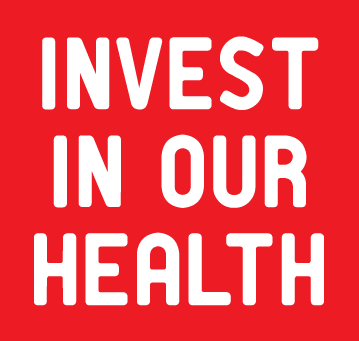Senior doctors and dentists employed by Te Whatu Ora have voted resoundingly in favour of nationwide strikes for the first time in New Zealand, following the breakdown of their pay negotiations.
The strike action comes as negotiations between Te Whatu Ora and the Association of Salaried Medical Specialists hit a roadblock with Te Whatu Ora wanting doctors to take a real-value pay cut for the third, consecutive year.
More than 80 per cent of ASMS members voted to take strike action across three strikes, to send a clear message to Te Whatu Ora that enough is enough.
ASMS’s claim on behalf of its members for a Consumer Price Index (CPI) adjustment this year (1 April 2023 to 30 March 2024) were rejected by Te Whatu Ora, who are trying to insist on another year of real-terms pay cuts.
This follows two years of real pay cuts under the Government’s “public sector pay guidance”, amounting to a real-terms pay cut of 11 per cent.
“Te Whatu Ora will not even pay senior doctors and dentists the bare minimum to ensure their staff do not take a real-terms pay cut for the third year in a row,” Executive Director Sarah Dalton says.
“Every employee in New Zealand deserves to have the value of their income maintained, especially when they are performing critical front-line tasks and being asked to cover as many staffing shortages as our doctors currently are.”
The strikes have been timed to disrupt patients as little as possible and will occur for two to four hours on September 5, 13 and 21.
“Te Whatu Ora and its funders are the target of these strikes, not patients,” Dalton says. “Doctors care about their patients but have decided failure to protect the value of their work will only result in more doctors leaving New Zealand or declining to apply for jobs here,” she says.
“The net result of doctors leaving is increased pressure on the remaining workforce and longer wait times to patients. We must stop the downward spiral of our doctors’ salaries to protect patients’ right to access healthcare in a timely manner.”
“Te Whatu Ora already acknowledges we are 1,700 senior doctors short across the country. We think that’s an extremely conservative estimate. Already, hospitals are critically short staffed, with senior doctors increasingly trying to run services with insufficient senior and junior doctors, nurses, and allied health staff.
“New Zealand relies heavily on overseas-trained doctors and dentists to fill vacancies with nearly 50 per cent of our senior medical workforce trained overseas. However, overseas doctors have largely stopped applying for jobs due to pay and working condition issues.”
ASMS President Julian Vyas says for too long the health system has got away with taking the collective goodwill of doctors for granted.
“At the same time, the system has ignored our concerns about short staffing restricting patient access to care and causing us overwork and burnout.
“For years and years, those in charge have failed to address the critical shortage of senior dentists and doctors, and simply expected us to keep putting up with it all this. And now, on top of everything else, we are being asked to swallow another real-terms pay cut.
“No more,” he says. “Many of our colleagues have indicated they have had enough and are looking to leave the public health system either for overseas postings or to the private sector.
“This will leave the public sector further short staffed, meaning patients have even less access to care, and senior staff even more fatigued and burned out. If there is no end in sight, even more specialists are likely to leave. The first battle is to get our pay just to keep up with CPI.”

